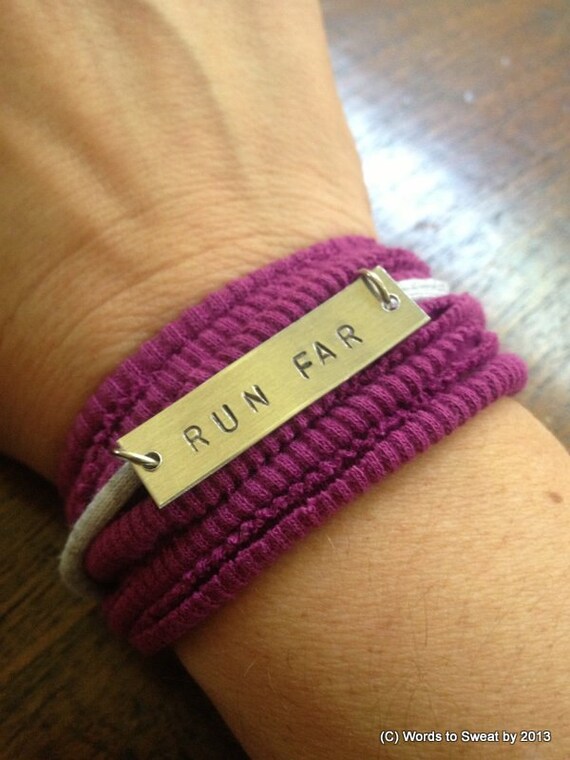We in the running community have seen the articles circulating for the last year or so that tell us not to run too long because it's bad for our health. Well meaning, non-running, friends have sent us links to articles with titles like "Is long-distance running bad for your health?" and "Too Much Running Tied to Shorter Lifespan, Studies Find" as well as "Will Running Too Much Kill You?".
However, I just read an article in Runners World that debunks the study that resulted in all these articles and headlines. The bottom line is that the data set used to develop the hypothesis that long distance running can result in premature death is flawed.
If you know anything about statistics, you know the term "statistically significant", which is defined as the likelihood that a result, or relationship, is caused by something other than mere random chance. In order to achieve this your data set (i.e., the number of samples used to perform your statistical analysis) needs to be robust (i.e., you need enough samples to show that the result is real).
According to the article in Runners World, the data set used in the study for the running group is not statistically significant because it is so small, as compared to the sedentary group. Thus the study is flawed. I would read this article yourself, it lays out the data very well and shows why relying on statistics, without sound science or common sense, can lead to erroneous conclusions.
So keep running, and be happy!
About Me
- Neal Grasso
- In 2010 I successfully lost 35 pounds through diet and exercise. I had not run since high school because my knees couldn’t take it. However, once the weight was off I started running again with no pain and I renewed my love affair with running. I ran my first marathon in 2012, and I plan to keep on going...forever running!
Wednesday, February 11, 2015
Friday, February 6, 2015
Eat More...Run Faster!
A recent Runners World article reports on a new study regarding how to fuel for a marathon. The study found that runners who fueled by consuming about 60 grams of carbohydrates and 25 oz of water per hour during a marathon out performed runners who did not do this by 4.7%. Seems pretty simple.
The study used gels as the source of carbohydrate, but stressed that every runner needs to identify and consume whatever source of carbohydrate works best for them.
Try it! Happy Running!
Subscribe to:
Comments (Atom)

